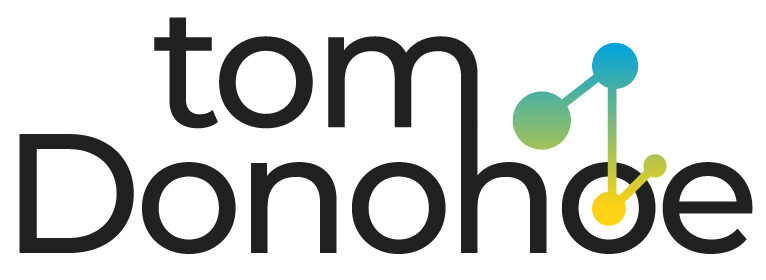Cultivating well-being through mental health marketing

May is Mental Health Awareness Month. This month we are reminded that mental illness is not a dirty term but something we all share. Unfortunately, mental health is still stigmatized, and many fear seeking treatment. With each new generation, mental health becomes less taboo. With more Awareness, healing becomes more accessible.
Brands and marketers often discuss mental health during May or when it becomes culturally relevant. But why can’t we embrace it and reduce stigma as part of our everyday marketing?
Mental Health Marketing: It’s Important
Unknown to them, one in five U.S. adults have mental illness yearly. More than 50 million people are also affected by mental health issues, including children and teenagers. Mental health marketing is essential because of the sheer number of people affected by mental problems and the fact that we all suffer from mental health.
By talking openly about mental illness, you can
Share Resources. Notifying people of different mental health resources is an excellent way to let them know they have options. Discussing the resources available to them or those they love can help people become aware of their existence and give them the confidence to seek support.
Reducing stigma, Many people do not want to talk about mental health because they fear being stigmatized. Men are terrified to talk about their mental health because they fear losing face. A continuous, open discussion about mental health will reduce stigma and help more people understand that this is not taboo.
They are raising Awareness. Normalizing the conversation can be achieved by discussing mental health objectively and non-judgmentally. We will become more comfortable discussing mental health as we gain confidence. This will help people understand their experiences and get the treatment they need to start healing.
Promoting Well-being Prevention can be the best treatment. Marketing for mental health can go beyond treatment. It can encourage people to take care of their physical and mental health by taking preventative measures to feel better.
Mental health marketing is essential to helping people get the treatment they need and feel better.
How to Address Mental Health in Marketing
It is essential to tread carefully when it comes to mental health marketing. This is a form of marketing that requires extra sensitivity.
When marketing mental health services
Be Empathetic. Misinformation and insensitivity about mental health can be harmful to people. Ensure your marketing materials are accurate, empathetic, and do not promote stigmatization.
Be authentic and genuine. Do not approach mental health promotion from a performance-based perspective. Make sure your company’s values are consistent across all departments. Mental health issues can also be complex and challenging. It’s better to admit that you aren’t an expert than to pretend otherwise, as this can appear disingenuous.
Ask questions. Create a discussion forum instead of trying to appear as if all the answers are known. Let people decide what’s best for themselves based on the available evidence and options.
Get Professionals. Don’t provide medical advice unless a licensed professional in mental or medical health is present. You should only give medical advice if you are a professional. Included in your marketing materials, they can lend credibility and value to the reader.
It is essential to know how to market mental health ethically. It builds trust and provides empathy for those who are seeking help.
Mental Health Marketing Strategies
Mental health can be incorporated into your marketing campaign in many ways. You are only limited by your audience and what fits best with your brand.
Intentional SEO. Your website can rank higher with search engines if you target specific keywords. A deliberate SEO strategy can increase visibility and help people find your resources. Around 4,400 people look up “mental health treatment” every year. Strong SEO content marketing can help people find mental health services.
Helpful Blog Content. Blog content that is helpful, informative, and relevant to mental illness can attract visitors to your site and establish you as a credible information source.
Share thoughtful social media posts. You can engage your followers and grow your reach by sharing thoughtful social media postings that promote mental Awareness and provide resources.
Educational Webinars Digital training sessions can be a great way to engage your audience and give them valuable resources and information.
Supportive Lead Magnets. People can read information about mental health when they want by creating downloadable e-books, worksheets, or fact sheets.
Emails and Newsletters. Regularly sending emails to your audience will ensure they know the latest news and offers. In these emails and newsletters, you can include resources on mental health when appropriate.
How you market mental health will depend on the focus of your business. Consider how you can contribute to the conversation by providing regular resources and features.
Discussions about mental health: Best Practices
Joining the mental health discussion may create a space for uncomfortable discussions. As experts in Mental Health Marketing, we adhere to guiding principles. We also suggest best practices when discussing mental illness.





